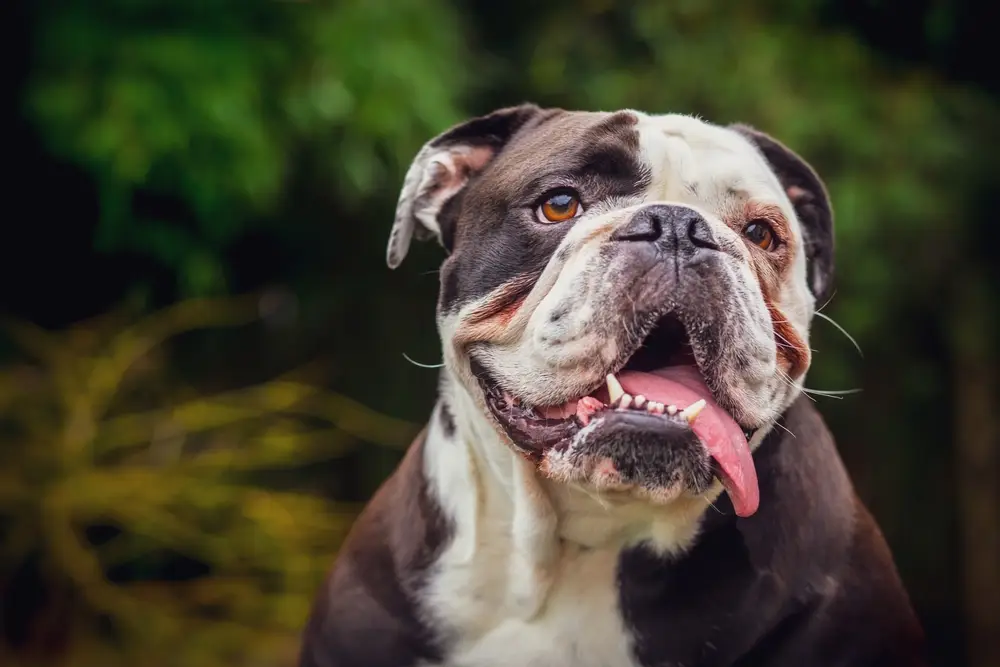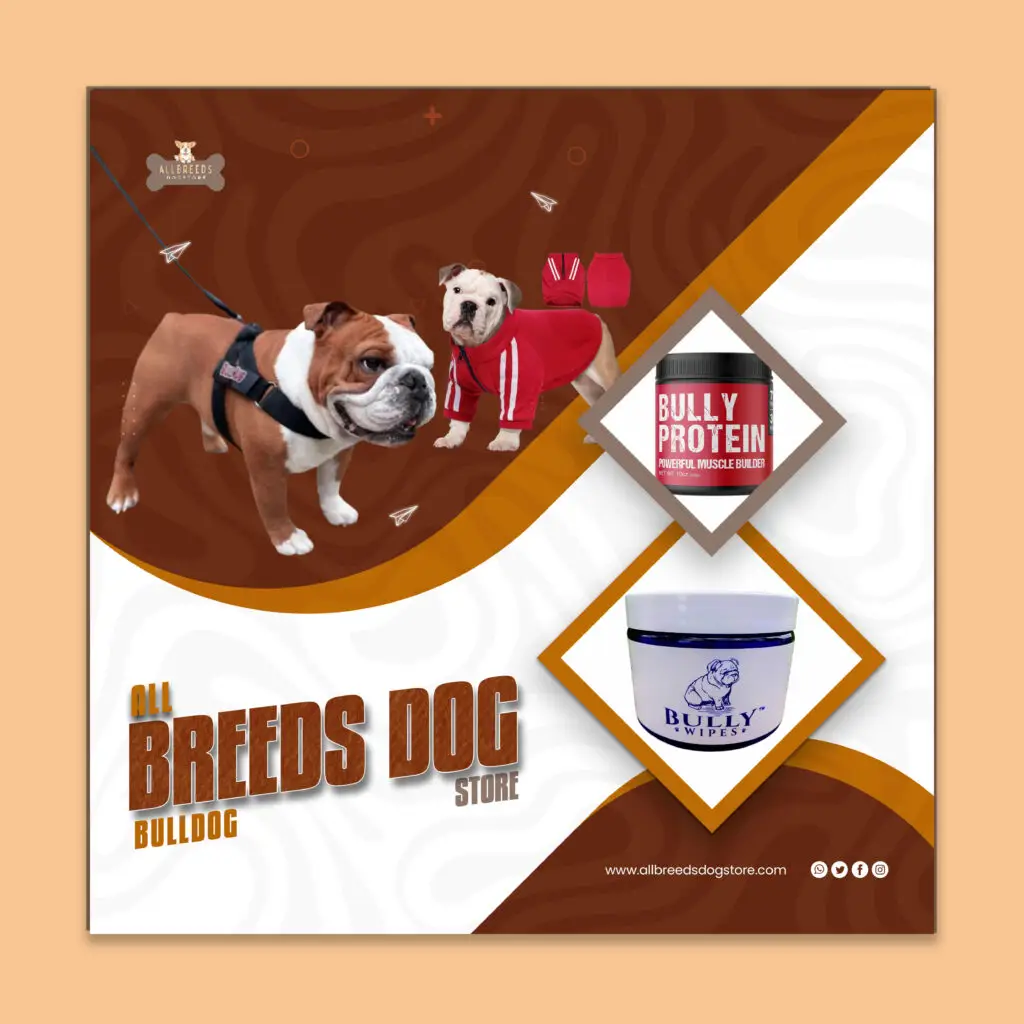Olde English Bulldogge Breed Profile: History, Traits, and Care
The Olde English Bulldogge is a modern recreation of the original 18th-century English Bulldog. With its muscular build, balanced temperament, and improved health compared to traditional Bulldogs, the breed is quickly becoming a favorite among Bulldog enthusiasts. In this detailed profile, we’ll explore the history, physical characteristics, and care requirements of the Olde English Bulldogge.
The History of the Olde English Bulldogge
The Olde English Bulldogge was developed in the 1970s by breeder David Leavitt. His goal was to recreate the classic English Bulldog of the early 1800s—a robust, athletic, and functional dog free of the health issues seen in modern Bulldogs. By carefully crossing English Bulldogs, Bullmastiffs, American Pit Bull Terriers, and American Bulldogs, Leavitt created a breed that embodied the traits of the historic Bulldog while improving its structure and lifespan.
The Olde English Bulldogge is now recognized by several breed registries, including the United Kennel Club (UKC) and the International Olde English Bulldogge Association (IOEBA), as a distinct breed.
Physical Characteristics
The Olde English Bulldogge boasts a muscular and athletic build while maintaining the classic Bulldog appearance.
Size: Males stand 17–20 inches at the shoulder and weigh 60–80 pounds. Females are slightly smaller, standing 16–19 inches and weighing 50–70 pounds.
Build: They are medium-sized, muscular dogs with a wide chest, strong limbs, and a well-proportioned frame.
Face: The head is large and square, with a pronounced jaw and fewer breathing issues than modern Bulldogs. Their ears may be rose-shaped or cropped, depending on preference.
Coat: Short, smooth, and glossy. Coat colors include brindle, fawn, white, black, and combinations of these.
Lifespan: Olde English Bulldogges live an average of 10–14 years, a significant improvement over the traditional English Bulldog.
Temperament and Personality
The Olde English Bulldogge is a loyal and affectionate companion with a protective yet friendly demeanor. Key traits include:
Family-Oriented: They are gentle and loving with family members, including children, making them excellent family pets.
Confident and Protective: While not overly aggressive, they are natural watchdogs who will protect their loved ones if necessary.
Playful and Active: Unlike the laid-back English Bulldog, the Olde English Bulldogge enjoys playtime and moderate exercise.
Easygoing with Training: They are intelligent and respond well to positive reinforcement training methods. Early socialization ensures they are well-behaved around strangers and other animals.
Caring for an Olde English Bulldogge
Proper care is essential to maintain this breed’s health and happiness.
Exercise: Olde English Bulldogges require daily physical activity, such as brisk walks, interactive play, or light agility training. Their athletic build benefits from regular exercise.
Nutrition: A high-quality, protein-rich diet supports their muscle development and overall health. Avoid overfeeding to prevent obesity, which can stress their joints.
Grooming: Their short coat is low-maintenance, requiring weekly brushing and occasional baths. Regular ear cleaning and nail trimming are also important.
Health Monitoring: While healthier than many other Bulldog breeds, they can be prone to hip dysplasia, bloat, and skin infections. Routine vet visits help catch any issues early.


